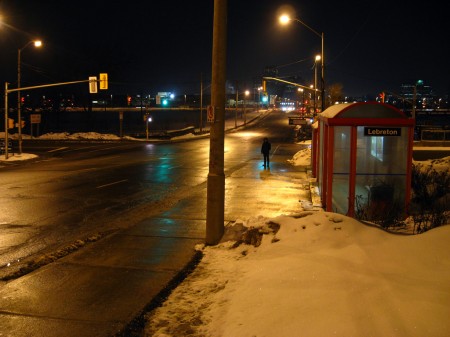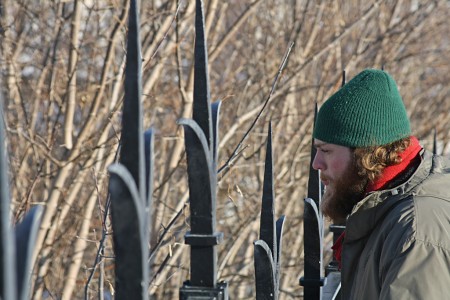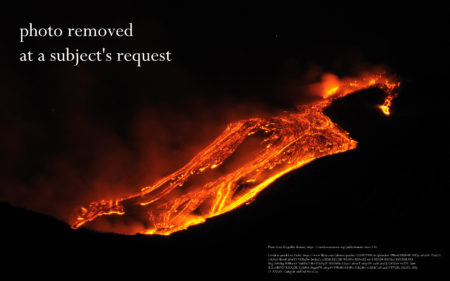Simon Winchester’s The Man Who Loved China is a competent and sometimes compelling biography of the scientist and sinologist Joseph Needham: a man who started off as a Cambridge biochemist and later devoted his life to documenting the scientific history of China. While it contains a lot of interesting narrative and information, it does sometimes feel more like a catalogue of achievements, written by an admirer, than a substantive examination of either Chinese scientific history or Needham’s own work.
The book is essentially divided into two phases: one describing Needham’s life and explorations within China, in the period of the Second World War, and a second describing the process of writing his masterwork: Science and Civilization in China. More accurately, it must be said that he began his masterwork, as he was only able to produce the overall plan and the first few volumes before dying as an elderly man. During the first section, Needham is serving as a kind of official scientific liaison between the British government and the Chinese nationalist government during the period of Japanese occupation. During the second, he is principally installed in Cambridge as an academic, though he did return to China to lead an easily-duped team of weapons inspectors, investigating claims that the United States had used biological weapons during the Korean War.
The book is a somewhat odd one to read at this point in history. Needham’s work was published long enough ago to have become the mainstream understanding: namely, that a great many critical inventions and discoveries happened earlier in China than elsewhere. Most members of the public are probably able to identify gunpowder and the compass as Chinese inventions. Those with knowledge in other fields – from engineering to nautics – are probably similarly familiar with early Chinese contributions. By not providing much evidence about the prevailing view beforehand, the book makes it a bit awkward to assess Needham’s own contribution, aside from the indirect evidence provided by all of his subsequent academic recognition.
The book does a fairly comprehensive job of expressing Needham’s curious personal characteristics: his polyamory (spending most of his life within reach of both wife and mistress, both well aware of one another), his socialism, his love of trains and boats, and his overwhelming dedication to China. The strength of the latter is revealed through his inability to appreciate the problems with Mao’s revolution, at least, nor until the man himself had been dead for some time. Needham is portrayed as quite a dashing figure: scientist, activist, diplomat, and adventurer. In terms of the sheer number and variety of experiences, his life is one that must be envied by anyone who is curious about the world.
The so-called ‘Needham question’ of why scientific innovation in China stalled, prior to exploding in the West, gets surprisingly brief and superficial treatment in this volume – just a few pages in the epilogue. This is a curious way for a biographer to treat the central subject of his subject’s fascination. It would have been interesting to see various hypotheses discussed more thoroughly, with a focus on the evidence supporting and challenging them that arose from Needham’s investigations and subsequent scholarship.
For me, this book didn’t manage to be as compelling as Winchester’s history of the Oxford English Dictionary. Nonetheless, it would probably be of interest to those who enjoy reading about people who lived notable and unusual lives. It certainly tends towards inspiring a person to wonder what more exotic and worthwhile things they might be doing themselves.







